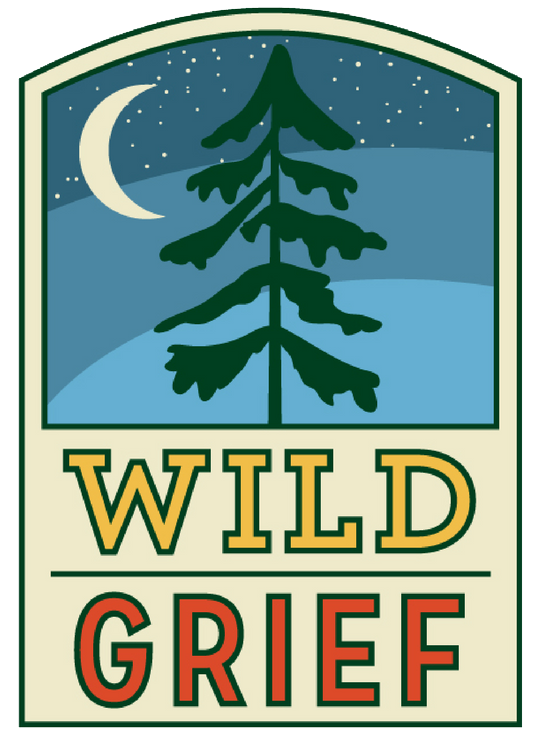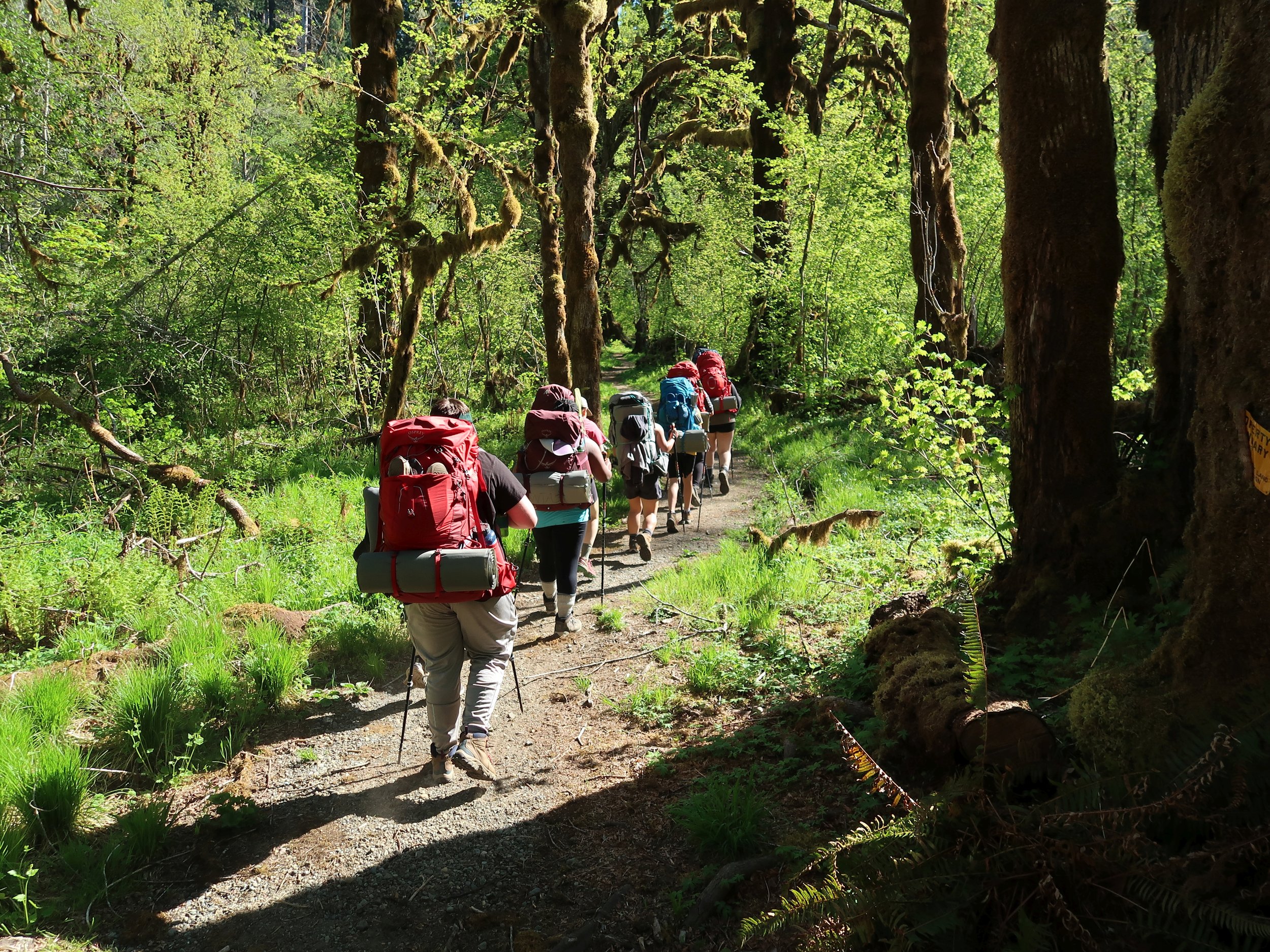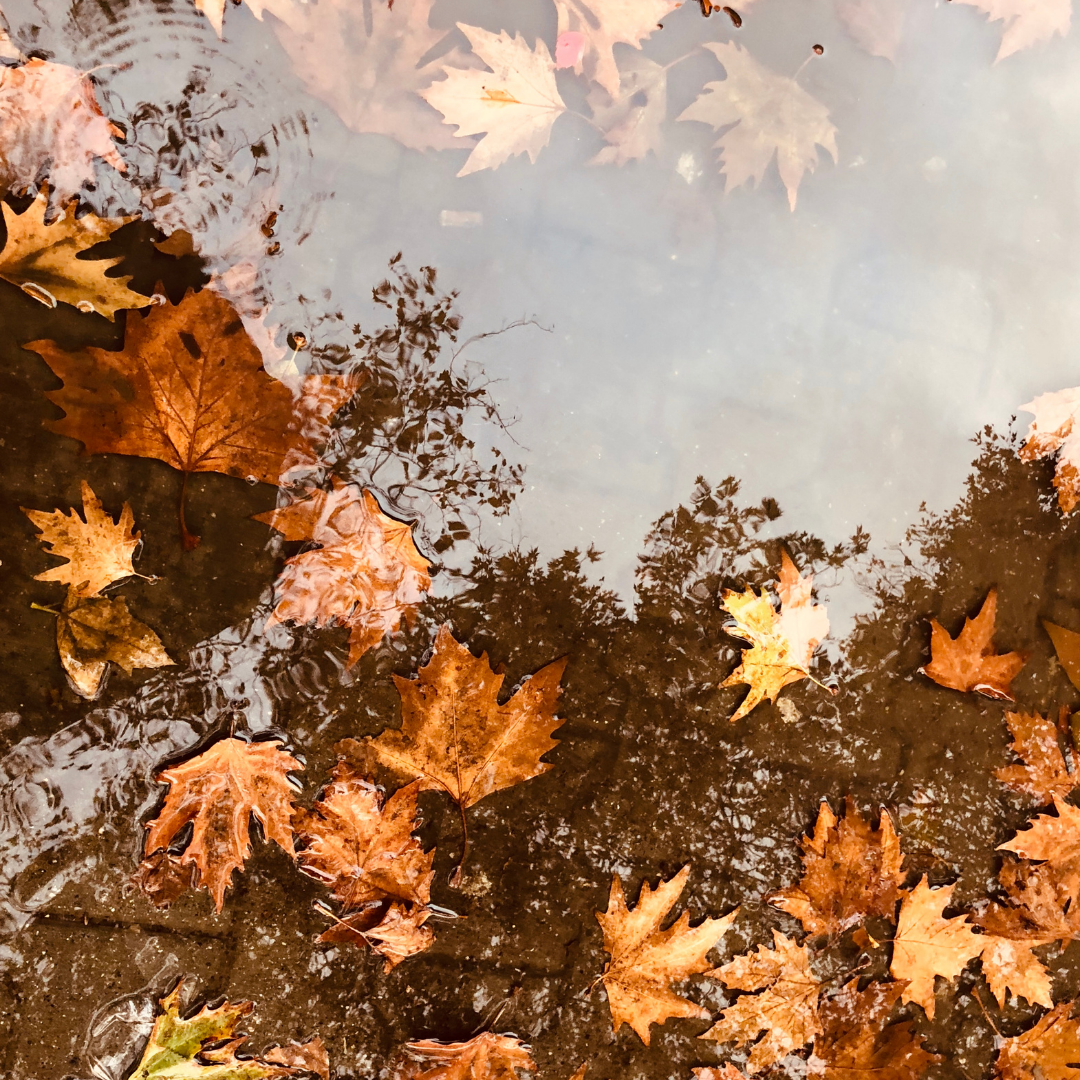At Wild Grief we try to hold life in all its complexity, and Thanksgiving is a holiday that is rich with complexity. For some, gathering together with family on Thanksgiving may be a tradition we grew up with. The focus on gratitude, family, and togetherness may bring warm feelings of love and gratitude. For those of us who have lost a loved one, Thanksgiving may be a time of grieving as we feel our losses more acutely, and are forced to adapt and make new traditions without our loved ones present. This year, as the pandemic makes it unsafe to gather in groups, even those who haven’t lost a loved one may experience sadness, grief and isolation. And, on a cultural level, for many Native Americans, Thanksgiving is always a day of mourning, as it serves as a reminder of colonization’s devastating impact on Indigenous Peoples.
We invite you to consider how you might honor your own emotions, traditions, and needs at this time, as well as extending that care and compassion outward.
Notice what emotions are arising for you, without judgement.
What can you do to support and nourish yourself during this time?
What can you do to nourish and support loved ones in your life, especially those who are actively grieving?
What can you do to raise awareness, acknowledge, and help heal the traumatic history of colonization here in the U.S.?
Here are some resources to help grow our thoughtfulness and awareness around this holiday.
Missing a Loved One on Thanksgiving, Ways to Remember Them and Cope with Grief
You Don’t Have to Fake it Through Thanksgiving
16 Ideas for Creating a New Holiday Tradition After a Death
What does Thanksgiving mean to Native Americans?
Healing from Colonization on Thanksgiving and Beyond
Nature is always there as a source of support. It can be as simple as taking a minute to look out your window to notice the sky or the trees, or stepping outside and feeling the fresh air fill your lungs.
Or, to dive a little deeper, try out one of our guided Grief Walks.







